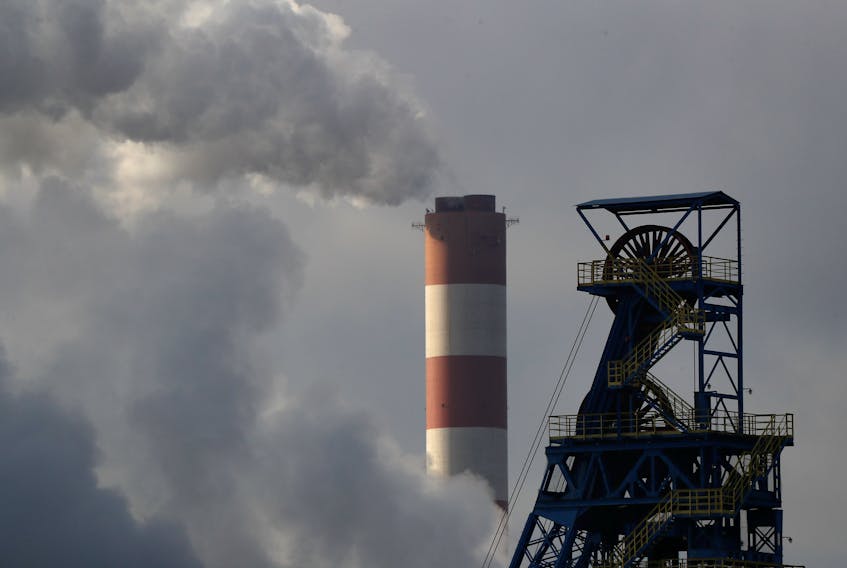Palanisamy Nagarajan
Guest Opinion
The end of the first two decades of a turbulent 21st century of ever-changing pace and complexity is fast approaching. What lies ahead in a period of continuing unprecedented human dominance over nature with the exponential growth of unsustainable economic activities, on a finite planet Earth, is indeed unsettling.
An intensifying myopic economic growth-caused, slow-motion climate crisis, particularly since the 1970s, and its cascading cumulative impacts on interconnected natural and human systems, is now unraveling faster than ever before.
Seemingly, they are spiraling out of control and endanger the sustainability of planetary life-supporting systems for the future of humanity.
Forty years ago, the first World Climate Conference in Geneva (1979), sponsored by the World Meteorological Organization, alerted the world community the disturbing trends of climate change.
The burning of fossil fuels, deforestation, and changes in land use had increased the amount of carbon dioxide in the atmosphere by 15 per cent in the past century. And it will continue in the future, the report said. It urged the world to foresee and avert human-caused climate change that might be adverse to the well-being of humanity.
In 1979, the CO2 level in the atmosphere was at 336 parts per million (ppm), and the current CO2 level is 410 ppm, a 22-percent increase.
Because of our quest for economic growth at any cost, we ignored such early warning signals of climate change. Economics and other academic disciplines have taken nature for granted and failed to recognize the fundamental importance of the complex ecosystem and its valuable services in sustaining all human activities and well-being.
The latest 2016 UNEP Global Environmental Outlook (GEO) report commented that the global environment has continued to worsen in spite of concerted environmental policy efforts across all countries and regions. The world's growth of unsustainable production and consumption patterns has degraded the Earth's ecosystems, and risked the fragile ecological foundations of society.
In a paper, titled World Scientists' Warning of a Climate Emergency, published in the journal Bioscience (Nov. 5, 2019), by William Ripple and his co-authors, and 11,258 other scientists have attached their names to the paper. They declare the planet's current warming trends a climate emergency. The world had failed to act on global warming despite the accumulation of scientific evidence over the decades.
They underscored what is required, among other things. "Excessive extraction of materials and over-exploitation of ecosystems, driven by economic growth, must be quickly curtailed to maintain the long-term sustainability of the biosphere. Our goals need to shift from GDP growth and the pursuit of affluence toward sustaining ecosystems and improving human well-being by prioritizing basic needs (not wants) and reducing (income) inequality."
In another recent article 'Climate tipping points – too risky to bet against,' published in the journal Nature (Nov. 28), Timothy Lenton and his colleagues remarked: "In our view, the evidence from tipping points alone suggests that we are in a state of planetary emergency – both the risk and urgency of the situation are acute."
The 28-nation European Union is the first multilateral block voted to declare a climate and environmental emergency just a few days before the UN conference in Madrid (COP25) began on Dec. 2. "Given the climate and environmental emergency," it is essential to reduce our greenhouse gas emissions by 55 per cent in 2030," said Pascal Canfin, the MEP who heads the environment committee. In addition to the recent strings of warnings of climate emergency, the Oxford English Dictionary has chosen 'Climate Emergency' as the Word of the Year 2019 because of the effectiveness in conveying a sense of urgency in the fight against global warming.
As we know, the word "emergency" implies "a sudden, unexpected situation that causes the need to take immediate action." By describing the deepening climate crisis as a climate "emergency" does not make sense. The complex systemic evolving climate crisis we have been facing is not unexpected and sudden by any means. Seemingly, the high-powered policymakers around the globe are still in the talking stage and setting up visionary goals and voluntary agreements to marginally reduce CO2 levels by 2050. Even if the world is successful in reducing greenhouse gas emissions by a certain amount by 2050, we will not have solved the complex climate system breakdown.
The cumulative greenhouse gas that humanity has pumped into the atmosphere in the past centuries, and the nonlinear feedback effects within the complex climate system, which is yet to be known, will come into force.
Dr. Palanisamy Nagarajan is Emeritus Professor of Economics and Island Studies teaching fellow at UPEI.









